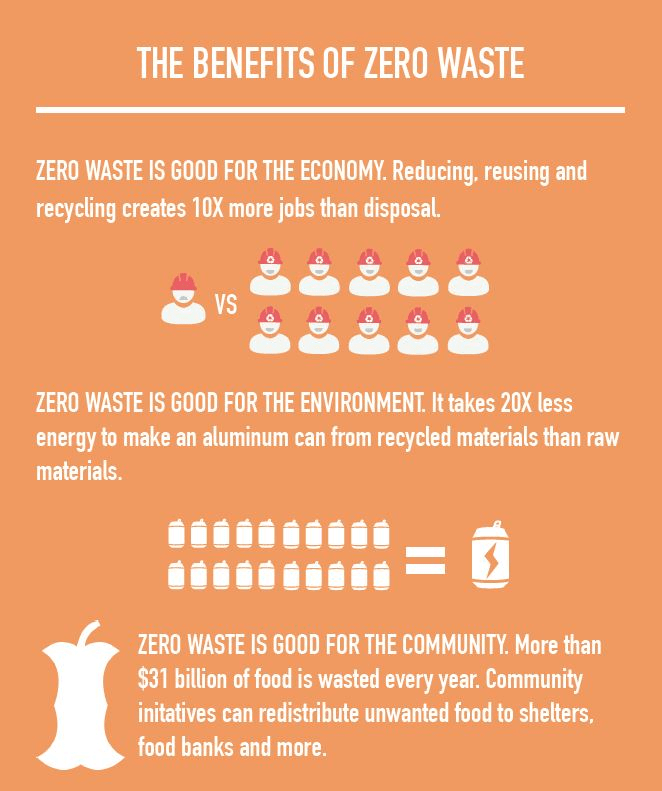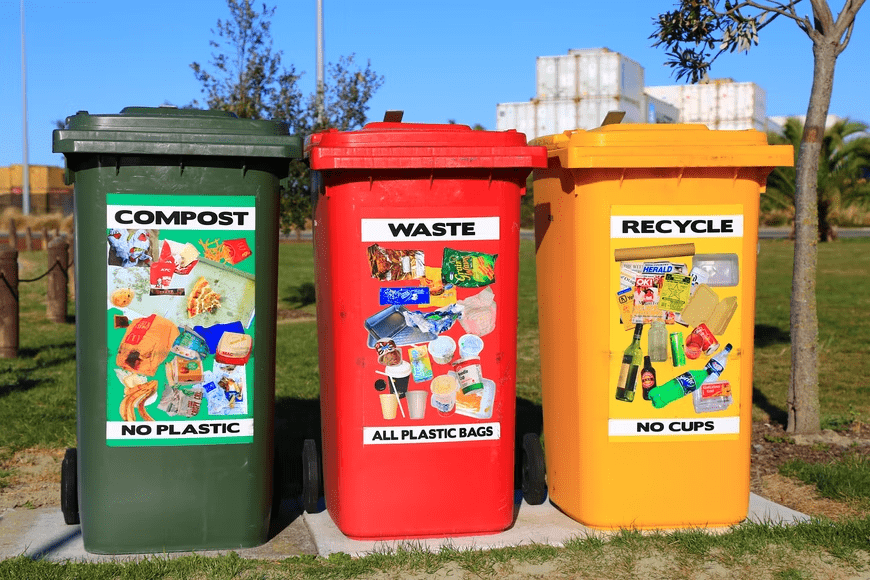Green Tech Startups and Innovators, Here Are 5 Events to Visit at ViennaUP 2024
ViennaUP 24, the highly anticipated startup festival, will take place from June 3 to 9, […]
ViennaUP 24, the highly anticipated startup festival, will take place from June 3 to 9, […]
In the corporate and political ecosystems, sustainability is more present on our collective and individual […]
The future of food is more and more influenced by nature. One innovation gaining prominence […]
An engineer from a young age, Kostadin Nedev got inspired in giving old electronics new […]
Raising awareness on sustainability through educating people on zero waste – this is the primary […]
Don’t we all enjoy having a full fridge? Or ordering a three-course meal when eating […]
When we talk about fashion and textiles today, we are bound to also discuss the […]
On July 3rd, the EU ban on single-use plastics will come into force across member […]
With sustainability taking a big leap into the attention of individuals, enterprises and countries, zero waste is one of the topics that makes its steady way into our everyday lives and routines. In order to not quickly qualify it as a buzzword and miss its importance, let’s see what stands behind it.
According to a definition used by the Zero Waste International Alliance (ZWIA), zero waste is an approach for resource conservation via responsible production, consumption, reuse and recovery of all products, packaging, and materials.
It’s a concept growing in popularity with businesses and consumers, which has lead to a big wave of new zero waste shops and stores.
At its core, the zero waste concept seems simple: by reducing the amount of materials we throw away, we can significantly reduce our impact on the planet. While it sounds easy, but it’s a challenge with many moving parts that requires broader understanding of the topic.
To accelerate zero waste education in Southeast Europe, The Recursive provides information about zero waste initiatives taking place across Romania, Bulgaria, Greece, Serbia, Croatia, North Macedonia and around the world in order to help you make better choices as you move towards a more sustainable life.
Over 2.5 billion tons of food is wasted every year. Out of the seven billion tonnes of plastic waste generated globally so far, less than 10% has been recycled. An estimated 92 million tons of textile waste is created annually from the fashion industry. The EU currently recycles about 80% of the e-waste it collects, however, not equally effective in all EU countries.
If it is not enough to get to the importance of zero waste practices, let’s look into the benefits of zero waste:

Zero waste is not just about what you do with your recyclables. It’s a lifestyle that seeks to reduce and eliminate waste in order to protect the environment and improve health outcomes, especially for low-income communities.
We often speak to zero waste entrepreneurs and innovators who have brought green business ideas to life and help millions of people move towards waste free living : from replacement of single-use plastics and sustainable packaging through circular retail operations and virtual fashion to reduction of food waste and insect-based products.
Being zero waste isn’t just about buying less stuff. It’s about reducing your overall impact on the environment by changing your habits and understanding what impacts you have.
We would aim help you answer the following questions:

Successful reduction of the waste of resources requires first and foremost education on how we can change our lifestyle. In Southeast Europe, there is a growing number of communities with such focus.
One example is Zero Waste Romania – a non-profit community of people who are passionate about reducing their waste. The organization aims to raise awareness about zero waste and organizes events, workshops and classes on the topic.
In Bulgaria a similar mission and approach has been undertaken by Zero Waste Bulgaria whose team is working on several projects related to education in the area of recycling, composting, and sustainable packaging.
Our journalists covering zero waste products and initiatives are Antoanela Ionita and Elena Ivanova, always searching for innovative waste reduction solutions.
We are reviewing various zero waste products and initiatives. You can also discover interviews with the founders of successful zero waste startups who share tips and best practices on how to build an eco-friendly business. Meet the people and companies leading the movement in Southeast Europe such as the Greentech Aliance, Green Group, Lam’on, ElevenEs, R-Create, DiFold, FoodOBox, CoffeEco, Toboro and many others.
Yes. You can subscribe to The Recursive newsletter to get the latest zero waste insights and tips in your mailbox.